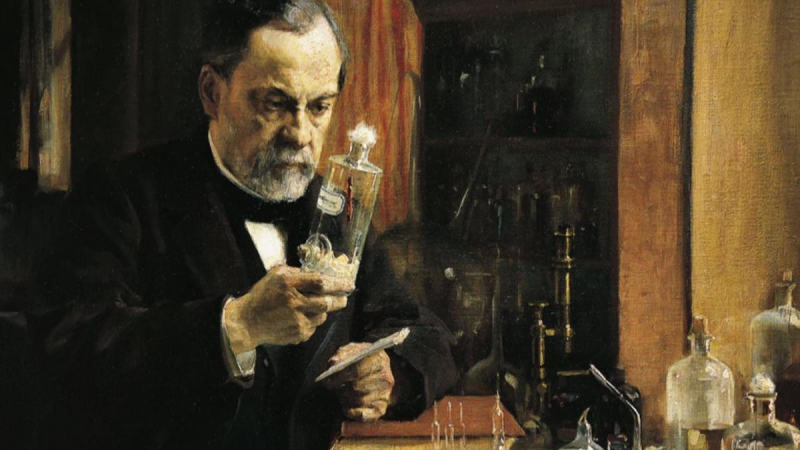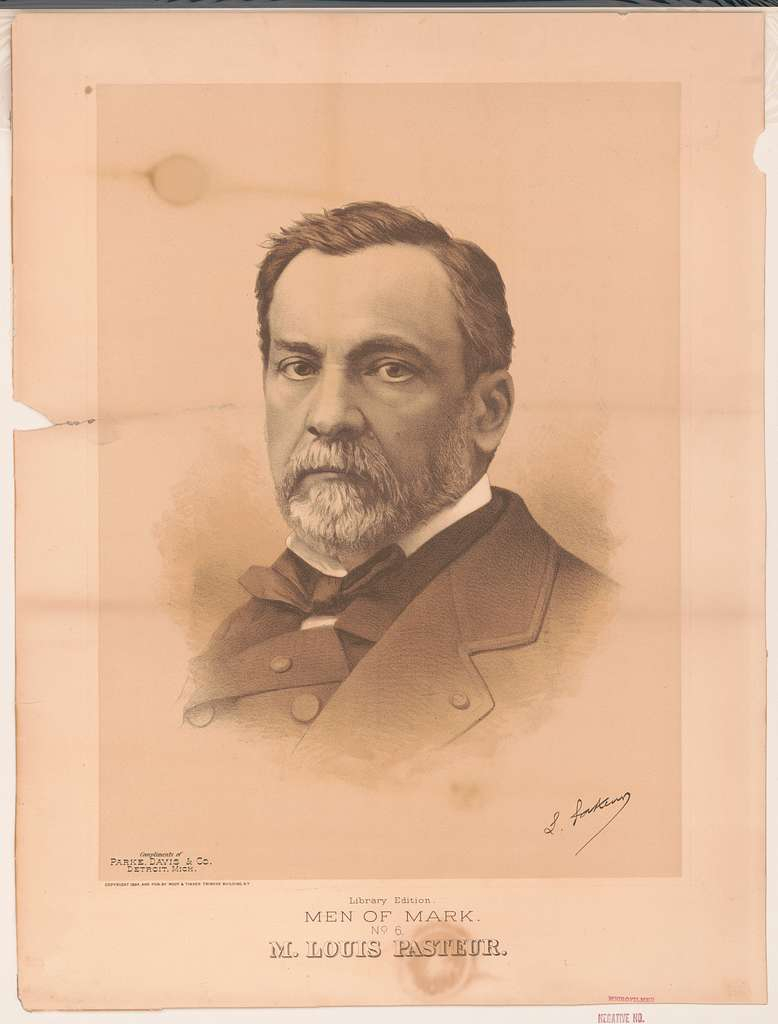Louis Pasteur
The concepts of vaccination, microbial fermentation, and pasteurization were discovered by French chemist and microbiologist Louis Pasteur. The latter was named in his honor. His chemical studies produced ground-breaking understandings of disease causation and prevention, forming the basis for public health, hygiene, and much of contemporary medicine.
The life work of the French scientist and biologist was microbiology and chemistry. Tens of millions of people have been spared from infectious illnesses because to Pasteur's ideas. He was the pioneering researcher who investigated microbial fermentation in food components.
He created treatments for rabies, anthrax, puerperal fever, and other illnesses. Pasteur also created the method of pasteurization, which involves heating milk and other liquids to a specific temperature and letting them cool in order to kill hazardous germs.
He created this method after learning that germs were to blame for alcohol spoilage. He has received recognition as the "father of bacteriology" and the "father of microbiology" and is considered as one of the pioneers of contemporary bacteriology.
Born - Died: 1822-1895
Field: chemical and microbiological
Important contributions: discovery of the principles of vaccination, microbial fermentation, and pasteurization















